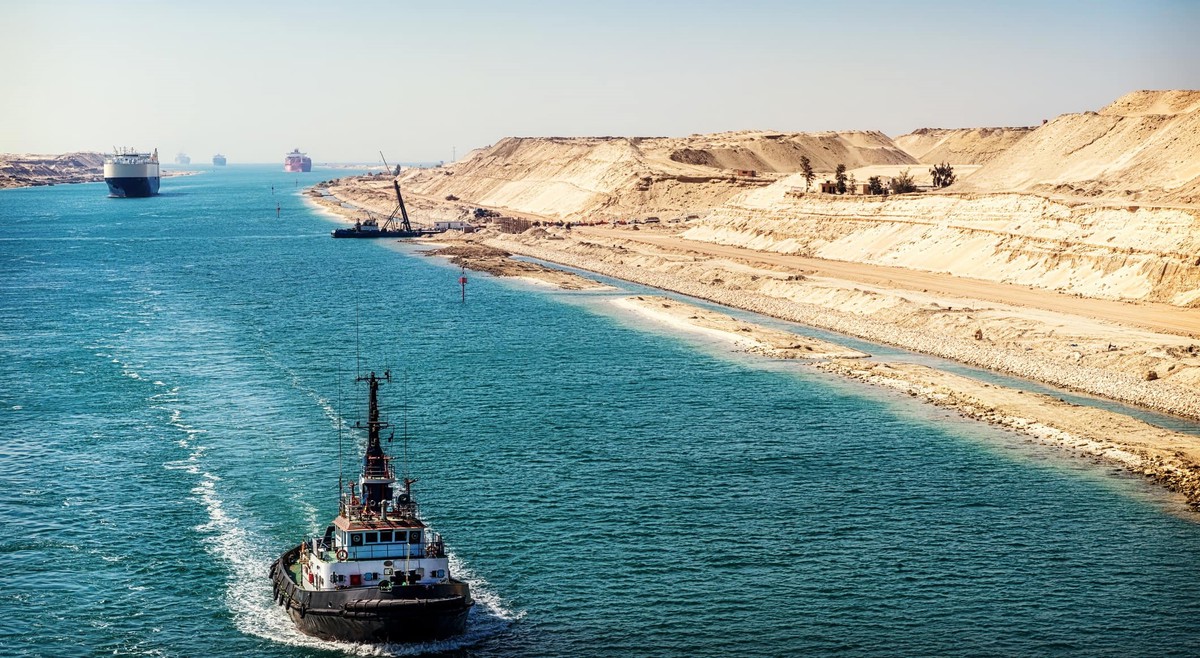MEPC 82: Assess impact of mid-term measures on food security - Egypt
The IMO should consider the impact on food security when developing and adopting mid-term GHG reduction measures, Egypt proposed.
 PHOTO: Vessels transiting the Suez Canal. Getty Images
PHOTO: Vessels transiting the Suez Canal. Getty Images
Free trade policies and stable maritime transport costs allow countries to plan their food security strategies, it explains. However, geopolitical and climate change factors can add complexity and risk to this planning.
“Any measures to reduce GHG emissions that might lead to higher input and transport costs would translate into higher food prices, especially the basic and essential commodities,” Egypt has written in its proposal to the IMO's Marine Environment Protection Committee (MEPC) ahead of its upcoming session.
This rise in prices may "deepen food insecurities," particularly affecting small island nations and least developed countries, including those in Africa.
The proposal calls for a thorough assessment of the potential negative impacts of the IMO’s potential mid-term measures on food security.
Egypt also advocates for further work on the comprehensive impact assessment (CIA) report to accurately gauge the effects of the proposed measures on smaller nations and to address these concerns before adopting them.
The IMO aims to implement its mid-term measures next year to complement its 2023 GHG strategy and help the international shipping industry meet interim greenhouse gas (GHG) reduction targets, with the ultimate goal being to achieve net-zero emissions by 2050.
These measures could include an economic measure, such as a global pricing mechanism for GHG emissions from ships, and a technical measure, such as a global fuel standard for marine fuels.
By Konica Bhatt
Please get in touch with comments or additional info to news@engine.online





